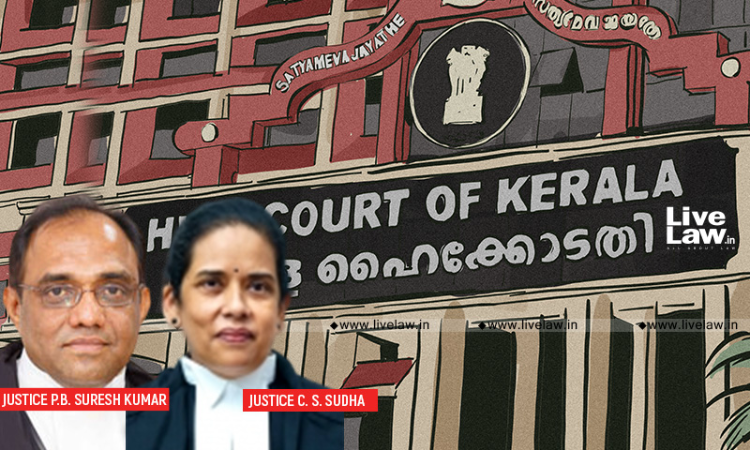The Kerala High Court has held that merely because it may not exercise its discretion under Article 226 of the Constitution in view of availability of alternative remedy, is not a ground to hold that it has no jurisdiction.A Division Bench of Justice Suresh Kumar and Justice C.S. Sudha said that the case appears to be a classic example of the 'fence eating the crop'."The rule of...

